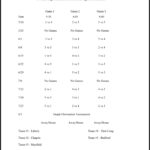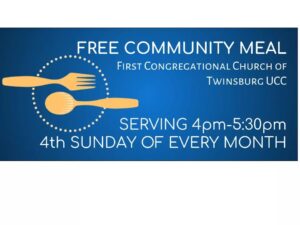Acts 8:26-39
When you hear “evangelize or evangelist” what do you think of? Often the idea of someone pointing a finger into someone’s chest and saying if you do not believe, you are going to hell. I think the Scriptures this week is helping us realize that we are involved in “faith formation” in our interactions with others.
Faith formation is every action, experience, or relationship that nurtures a relationship of trust with God and shapes the way we see and interact with God’s world. Faith formation is the very mission of God’s church, to equip followers of Jesus Christ and send them out into the world to spread God’s kingdom. The question in faith formation is are you leaving the person closer to God than when you first met. The view of faith formation tells us that we are tellers of good news, and sometimes, even THE Good News!
The angel from the Lord took Philip from an active and fruitful ministry in Samaria, to an almost deserted road in the wilderness. Philip sees an entourage with the primary individual sitting in a fine chariot. He notices the primary individual is doing something unusual, he is reading a scroll, the book of the Prophet Isaiah. When Philip greets him, the important individual, the head of the treasury for Queen Candace, says a very sad phrase, “How can I, unless someone guides me?” The Official of the Queen has come from south of Egypt, to Jerusalem, to the Temple itself, he had purchased an expensive item, the scroll of Isaiah, but after the sale, no one had helped him understand the words of the Scripture he had just purchased.
In faith formation we take the person as they are, from where they are, and help them get closer to God. The man was not an unbeliever, he was a seeker of the God of Heaven and Earth. Yet, when he sought out the faith represented by the Temple, he was not allowed inclusion because of his physical condition of being a eunuch. He was pondering the section of Isaiah that talks of God’s restoration of all things and hope for the eunuchs. All because of the work of the suffering servant.
Philip helped him understand the work of the suffering servant, Jesus Christ, and to find full inclusion into the people of God. The man was not excluded, but included through baptism into the Church of Jesus Christ. Faith formation was helping him see the love of Jesus Christ for him and brought him to full inclusion into the kingdom of God.
How are our efforts in faith formation working?
Pastor Greg







